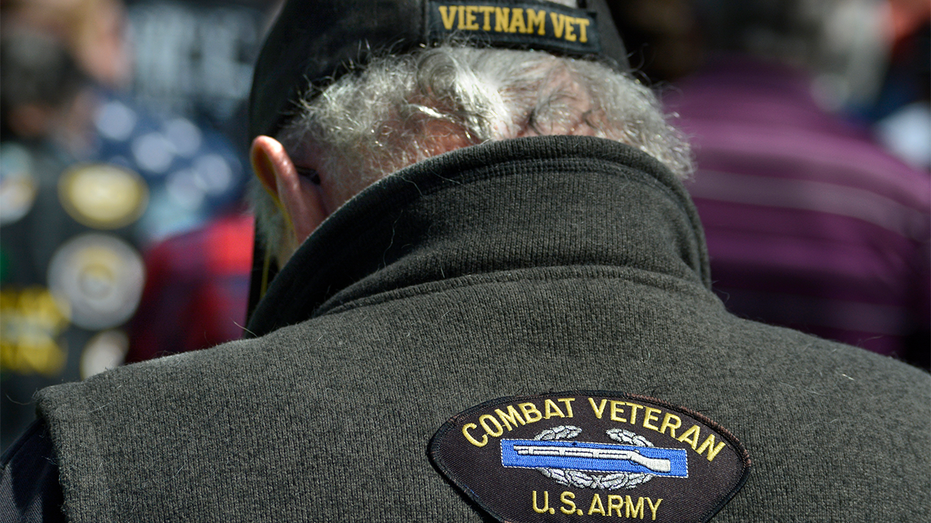Florida Nonprofit's Community Program Cuts Veteran Suicide Rates by 25%
Florida nonprofit's community efforts and quick referral services cut veteran suicides by 25%.

A Florida-based nonprofit is working to address the crisis of veteran suicide by fostering connections within local communities and emphasizing that the problem is preventable. The Fire Watch, founded in Northeast Florida, operates on three core principles: suicide among veterans can be prevented, timely access to resources saves lives, and active community engagement is essential for prevention.
"It takes the community to get involved in suicide prevention," Executive Director Nick Howland explained. The organization’s approach breaks from traditional methods by centering its efforts on both treatment-focused initiatives and local outreach.
At the center of The Fire Watch’s mission is the "Watch Stander" program, inspired by CPR trainings offered to the public. In a brief 30-to-45-minute session, volunteers receive guidance on recognizing warning signs of suicidal ideation, asking candid questions, validating veterans' feelings, and connecting them quickly to professional help—summed up by the acronym SAVE.
"Like CPR doesn’t train you to be a paramedic, our training doesn’t turn you into a clinician," Howland said. "It trains you to notice the change and sound the alarm for help." Each Watch Stander receives a wallet card, wristband, and sticker as tangible reminders of:
- Critical warning signs—such as expressions of self-harm, substance abuse, reckless acts, or giving away possessions
- Simple steps to guide struggling veterans toward assistance
The nonprofit works closely with state veteran affairs offices and helps connect veterans to counseling services. Since its founding, The Fire Watch has observed marked progress. After recording 81 veteran suicide deaths in 2019, the organization set a goal to cut this figure by at least 25% for three consecutive years.
Recent data released May 1 indicates the strategy’s effectiveness: veteran suicides fell to 61 in 2023, sustaining a 25% decrease from the 2019 baseline for the fourth consecutive year. Statewide, the rate of veteran suicides decreased by 5%, but in regions where The Fire Watch has established a presence—Northeast Florida, South Florida, Tampa Bay, and Escambia County—the decline reached 12%, compared to only 2% elsewhere in the state.
"Where we're building our network of community members who care, who get veterans to the help they need, veteran suicidality is decreasing," Howland noted. "It's remarkable."
For volunteers, the impact is often personal. Ryan Haczynski, for example, joined after losing a close friend, a Vietnam veteran, to suicide in 2022. "I didn’t recognize the signs," Haczynski reflected, recalling how his friend had asked him to serve as executor of his will just weeks before his death.
Motivated by this loss, Haczynski participated in Watch Stander and Ambassador trainings, going on to certify others and facilitate a military funeral for his friend. He now uses every opportunity within his community to check in on veterans, validate their experiences, and point them toward Fire Watch’s round-the-clock crisis resources.
"We want to give back, we want to help—especially people who have done so much [for our country] to go and serve us," Haczynski said.
Those interested in learning more about The Fire Watch and its mission can visit thefirewatch.org.




